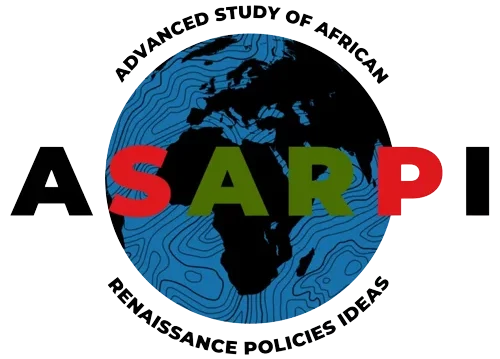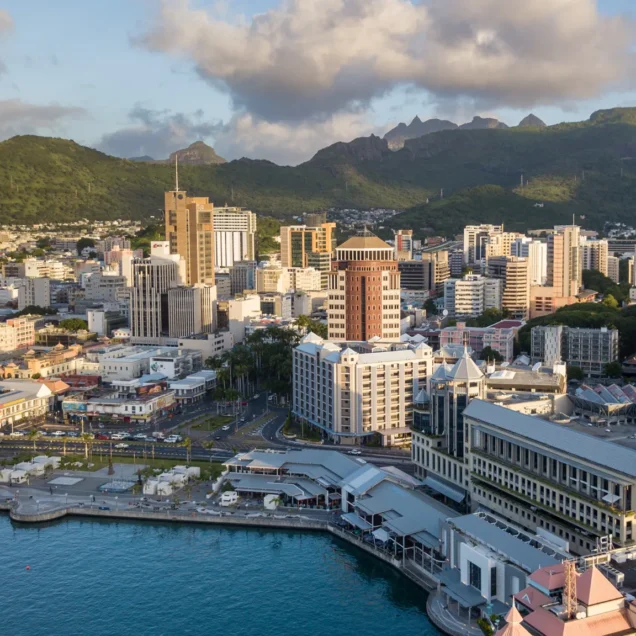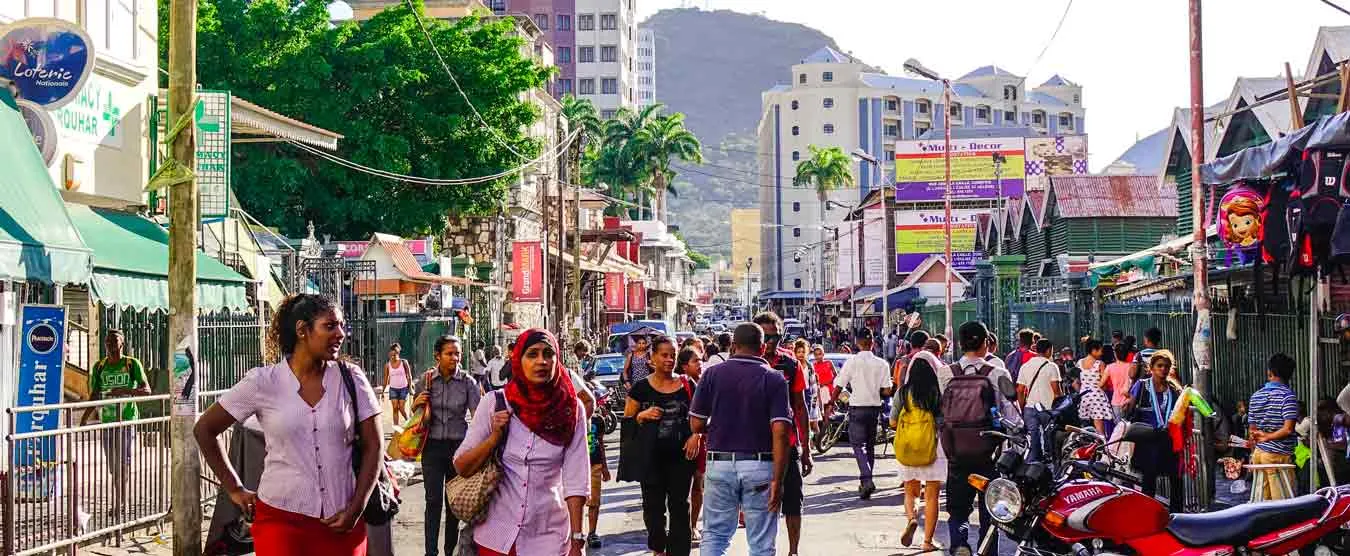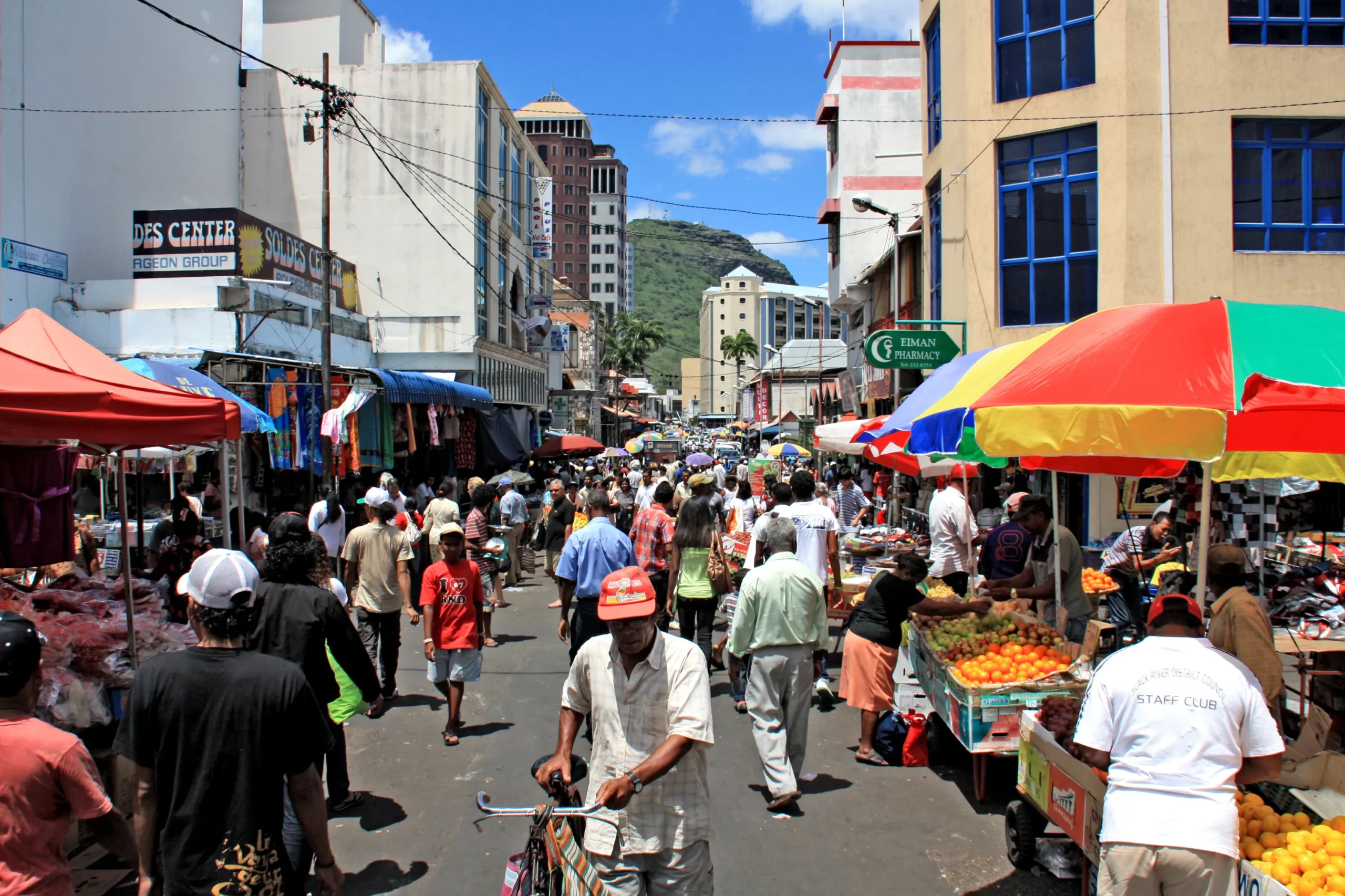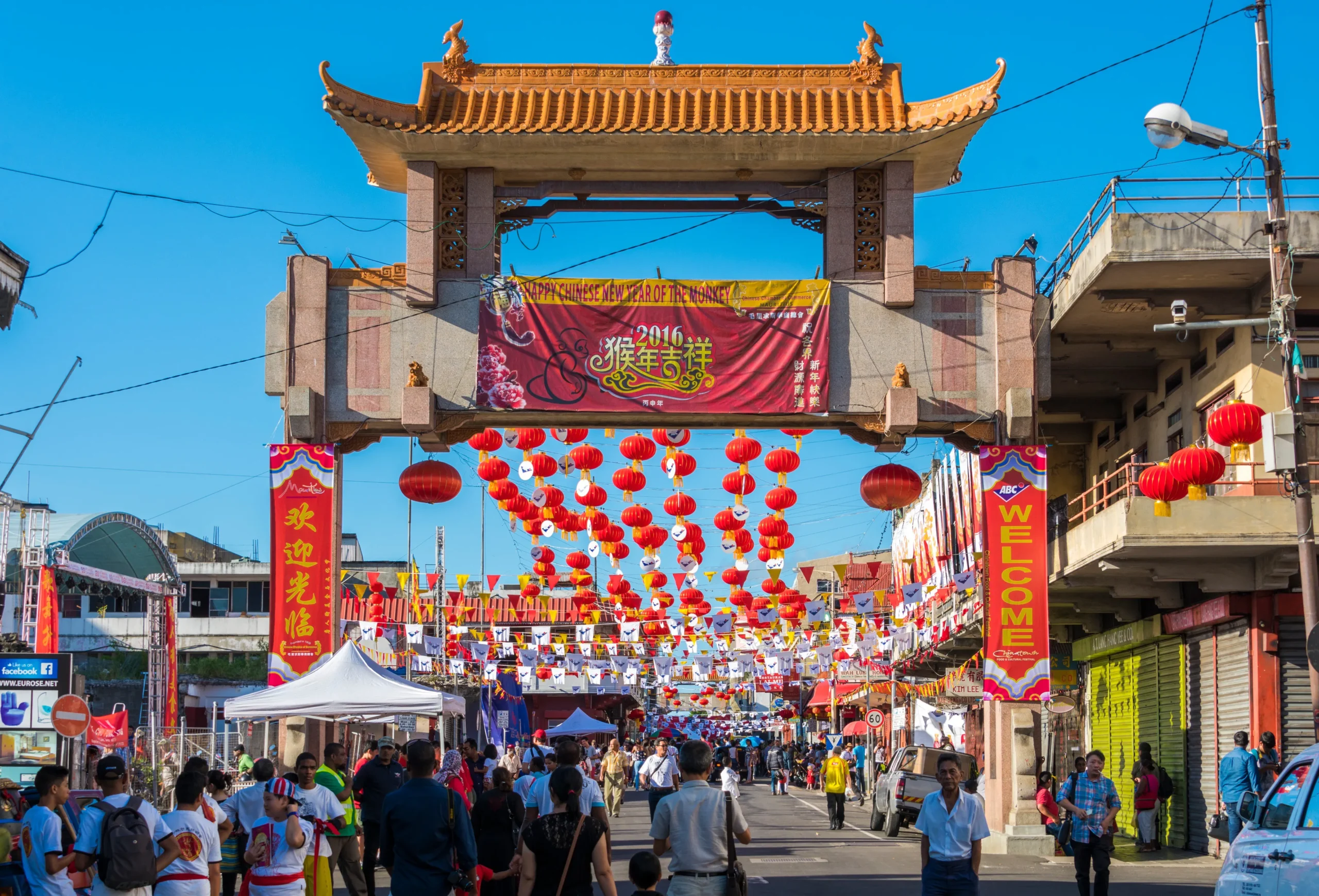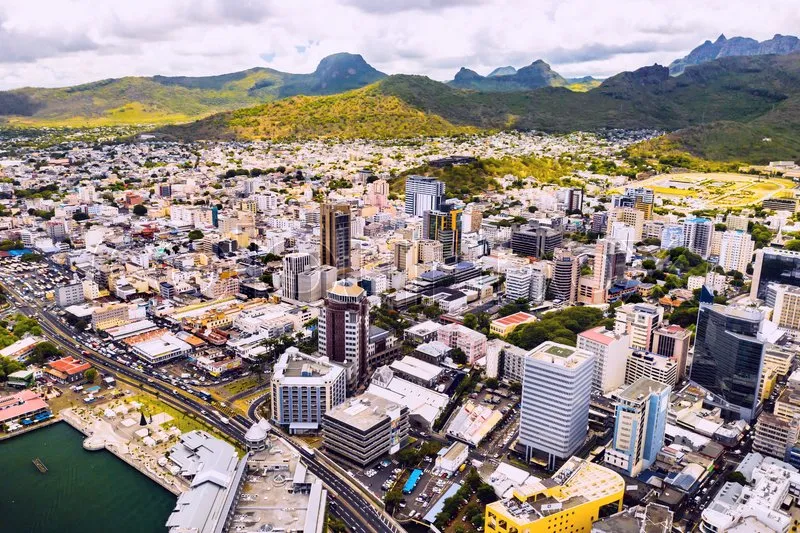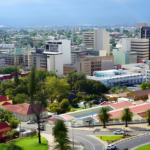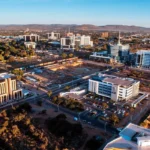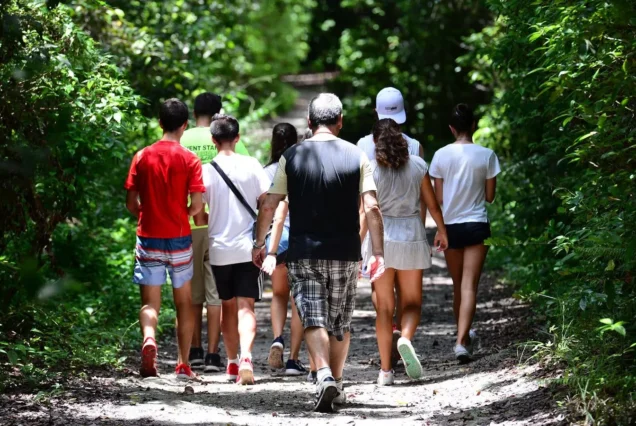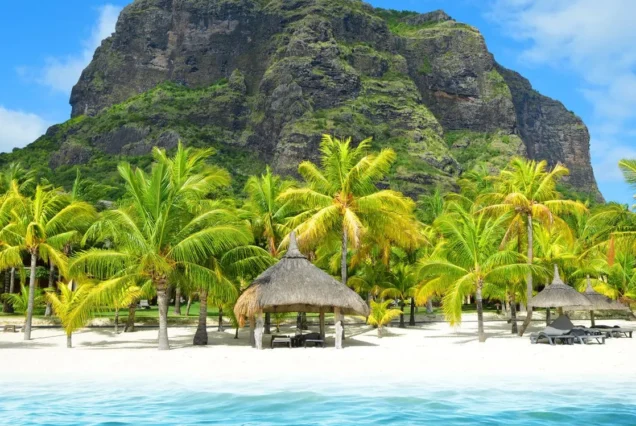Mauritius: Beyond the Beach Paradise
Mauritius, a stunning island nation nestled in the Indian Ocean, paints a picture of idyllic beaches, turquoise waters, and luxurious resorts. However, beyond the postcard-perfect image lies a nation with a rich history, diverse culture, and complex challenges.
Island Haven with a Turbulent Past:
Mauritius' history is one of exploration, colonization, and ultimately, independence. Initially uninhabited, the island was discovered by Arab sailors and later Portuguese explorers. Dutch and French colonists followed, leaving their mark on the island's architecture, language, and culture. In 1810, the British took control, ushering in a period of sugar cane cultivation and economic development. Mauritius finally gained independence in 1968, embarking on a journey of self-determination.
Melting Pot of Cultures:
The population of Mauritius is a vibrant tapestry of diverse ethnicities, reflecting its historical influences. Descendants of African slaves, Indian indentured laborers, and European settlers live together, creating a unique cultural blend. This diversity is evident in the island's languages, religions, cuisines, and traditions, offering a rich cultural experience for visitors.
Economic Growth and Inequality:
Mauritius has undergone remarkable economic transformation since independence, transitioning from a sugar-based economy to a diversified one focused on tourism, finance, and manufacturing. This progress has led to improved living standards for many Mauritians. However, income inequality remains a significant challenge, with a stark contrast between the wealthy tourist areas and the less developed rural regions.
Environmental Stewardship and Sustainability:
The island's pristine beaches and lush rainforests face increasing pressure from tourism and development. Recognizing the importance of environmental protection, Mauritius has implemented various conservation initiatives. These include marine protected areas, reforestation programs, and renewable energy projects. Balancing economic growth with environmental sustainability remains a crucial challenge for the future.
Beyond the Tourist Trail:
Mauritius offers much more than just sun, sand, and sea. Venture beyond the resorts and discover the island's vibrant cultural experiences. Visit the bustling capital, Port Louis, with its colonial architecture and bustling markets. Explore the historic town of Mahebourg, where Dutch and French influences are evident. Hike through the lush forests of Black River Gorges National Park, home to diverse wildlife and breathtaking waterfalls.
Mauritius: A Nation in Transition:
Mauritius stands as a nation in transition, navigating the complexities of economic development, social justice, and environmental preservation. While challenges remain, the island's resilience, cultural richness, and natural beauty continue to draw visitors and inspire awe. By venturing beyond the tourist facade and engaging with its diverse communities and complex history, we gain a deeper understanding of this fascinating island nation.
Mauritius is more than just a beach paradise. It is a land of history, culture, and resilience, offering a unique and unforgettable experience for those willing to look beyond the surface.
